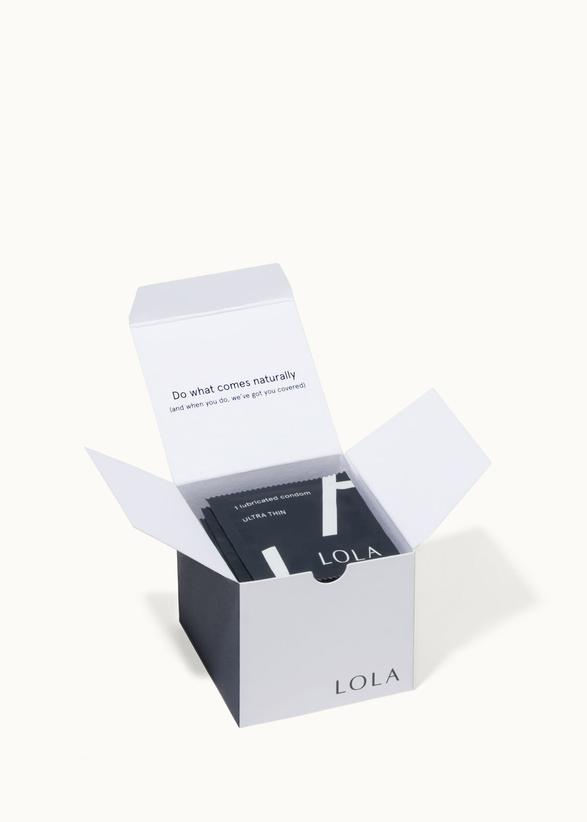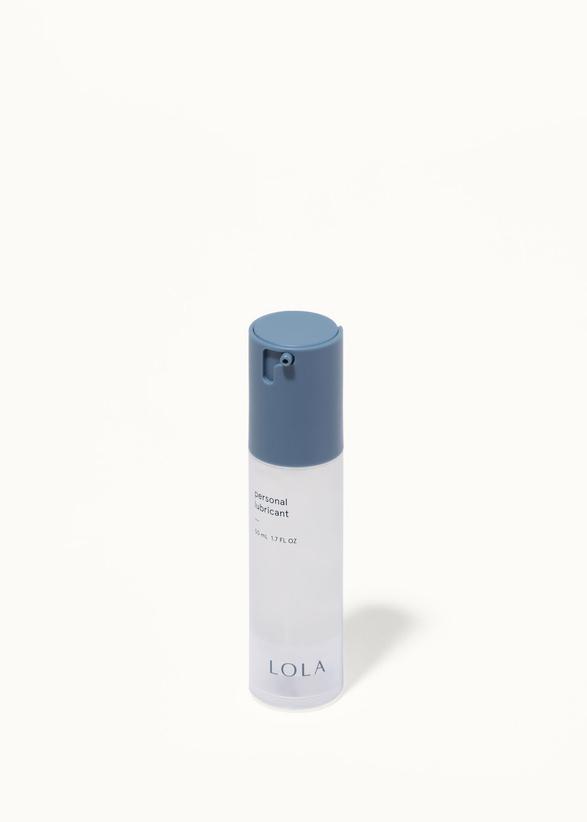4 "Taboo" Sex Topics All Women Should Be Talking About (But Aren't)

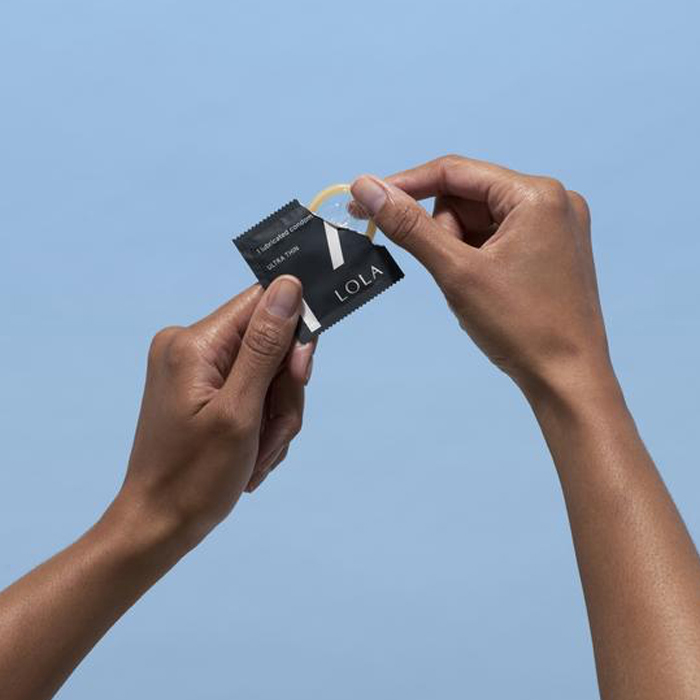
I recently attended a dinner in Los Angeles hosted by the brand Lola, a female-founded line of organic, locally sourced, gynecologist-approved reproductive care products from tampons to condoms. The dinner was in celebration of the line's new Sexual Wellness Kit, including the Sex by Lola collection (lube, post-play cleansing wipes, and condoms), but this didn't feel like your typical Hollywood brand event. Surrounded by an intimate and eclectic guest list featuring no more than 20 fascinating women from all different backgrounds and careers (I sat across from a book illustrator and in between a model and an entrepreneur), we gathered around a rustic table in a secret room above L.A.'s hip Sqirl restaurant, sharing family-style arugula salads and couscous, chatting about our most intimate sexual experiences. Lola's founders and marketing director had prepared some thought-starters to engage their guests, all perfect strangers, in these totally open and honest, but not at all scandalized, conversations about everything from how we orgasm (and how we figured that out) to period sex to lube to whether or not we'd ever had (or would consider having) a threesome. I had scarcely been this candid with some of my closest friends, but somehow in this warmly lighted loft over shared plates, saying the word clit felt about as comfortable as saying "pass the rolls."
This dinner was a microcosm of what has been Lola's ultimate goal since launching in 2015: to help women feel more relaxed talking out loud about their sexual health and pleasure. "Society’s decades-long stigma around reproductive health has disproportionately impacted women and thus the way they talk (or don’t talk) about their sexual health," explains Lola co-founder Alex Friedman. "Companies have historically marketed sex products toward men and their desires in such a way that women don't always feel they have agency in talking about or advocating for themselves when it comes to their sexual health products, even though products such as condoms are used by two people, not just one." Often, these same companies also push products that contain mystery ingredients and unnatural additives. That, combined with the taboo around this topic, "has contributed to a lack of understanding about and demand for transparency about what we’re putting in and on our bodies," says Friedman. Sex by Lola's three products list openly all of their ingredients and contain no parabens, GMOs, or synthetic fragrances. The condoms are made with cornstarch powder and locally sourced, medical-grade silicone oil. The lube is a hypoallergenic water-based formula made with organic aloe leaf juice, and the wipes contain bamboo and water for natural cleansing and pH balance.
Transparency, related to both what goes into our products and how women communicate about sex, is what Lola hopes to bring to the reproductive health market. "Providing women with the information and resources they need to feel confident and make informed decisions about their reproductive health is essential," Friedman continues. "And frankly, [it] should be the standard that all brands strive to achieve. We are committed to transforming, both from an industry perspective and culturally, how we all approach our health and well-being."
On Your "Number"
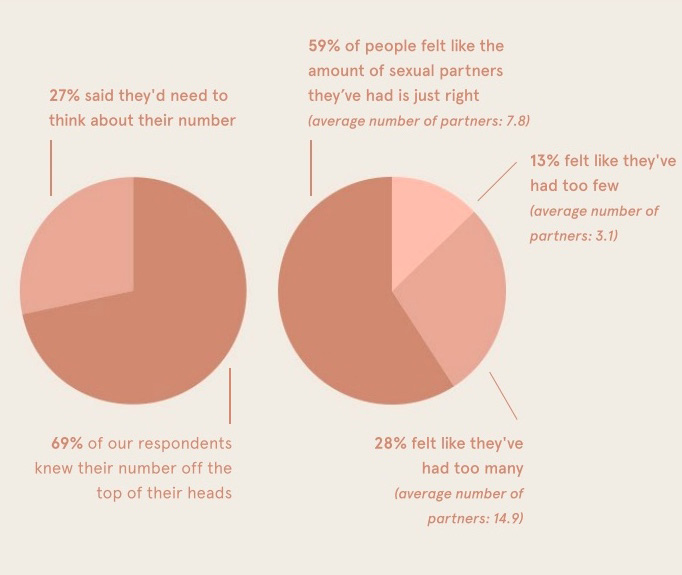
Transparency is part of the reason Lola decided earlier this year to conduct what it's calling the "State of Sex survey," in which it tapped over 1000 women for their honest thoughts and attitudes about sex. "What we found was a shared concern that their journey had been 'normal' relative to others," the brand founders said. The survey asked women about the following topics: the number of sexual partners they'd been with, how often (and where) they have sex, whether or not they've faked an orgasm, which partner is responsible for birth control, and whether a good relationship can exist without good sex.
On How Much Sex Is "Enough"
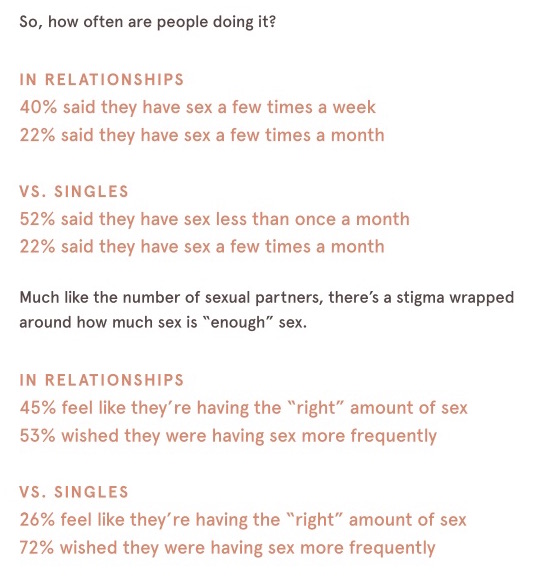
Pleasure, orgasms, casual sex, and the "right" number of partners or amount of sex being had are all hush-hush subjects that women feel most embarrassed about discussing, says Lola, hoping that this survey will break down some of those taboos. According to its numbers, 41% of women think their number of lifetime sexual partners is either too low or too high. "The stigma is real," one participant said. "You're a slut if you've had too many partners; you're a loser if you have no sex and are in a committed relationship."
Fifty-three percent of respondents in relationships and 72% of single respondents wished they were having sex more frequently. Fifty-six percent of participants in relationships reported that they thought their partner had a higher sex drive, and many felt guilty for not wanting to have sex more often.
Sixty-six percent of participants said that they'd faked an orgasm before, and many respondents feel guilty when they can't get there for making their partner feel incompetent.
On Faking Orgasms
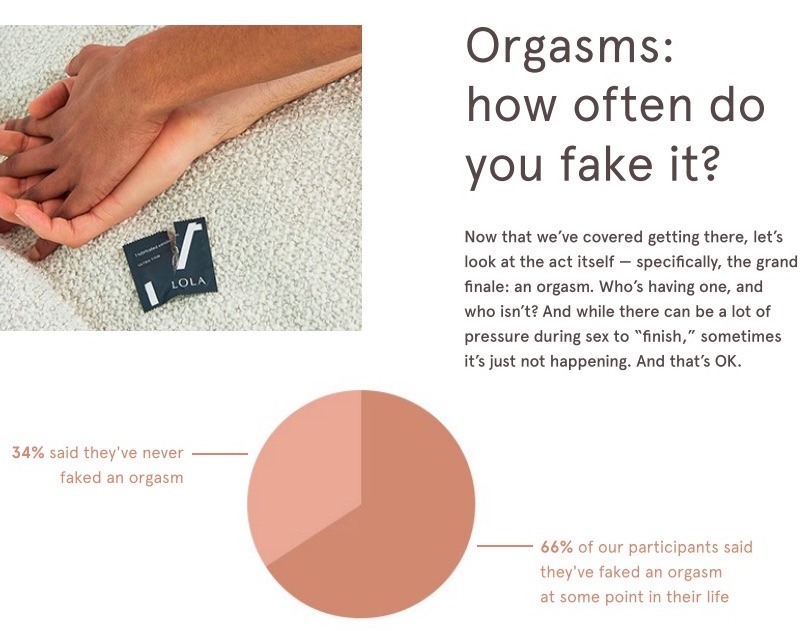
Ultimately, our cultural narratives of sex, which center on male pleasure and perspectives, plus a lack of space for women to communicate or even personally confront their own points of view on the matter, are to blame for these taboos and deficits in sexual fulfillment for women. (How sex is portrayed on TV and in media doesn't help, either.) As one survey participant told Lola, "I think society today is a man-focused world when it comes to pleasure, and women lack the understanding that we should be just as demanding [and] free-spirited. … We DESERVE good sex."
Shop Lola's new Sex by Lola collection below, and maybe try hosting a sex talk themed dinner of your own with your friends. If women can start by being as candid and communicative as possible about sex and pleasure with one another, then hopefully, our sex lives as a whole will incrementally improve.
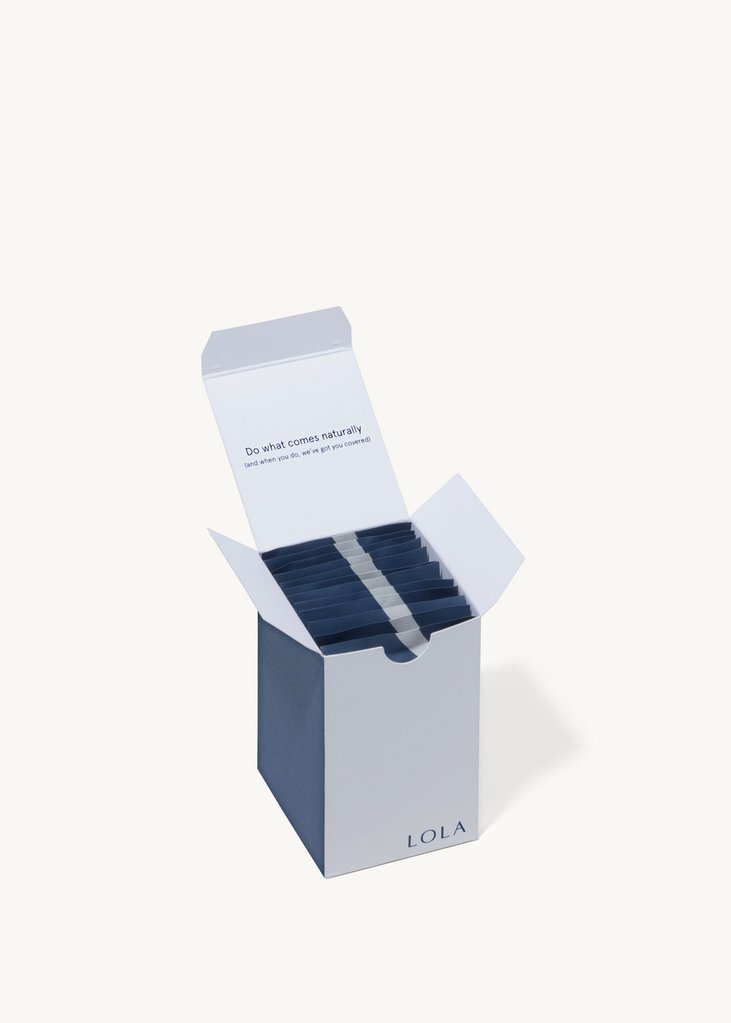
Next up: the only birth control guide you'll ever need.
This article is provided for informational purposes only and is not intended to be used in the place of advice of your physician or other medical professionals. You should always consult with your doctor or healthcare provider first with any health-related questions.

Tie among Linda Rodin, Hari Nef, and David Bowie.
Who are your 5 favorite people to follow on Instagram?@petracollins @katiejanehughes @alwaysjudging @bonnyrebecca @hotdudesreading
What's the beauty essential you can’t live without?If I have some brow gel and Sisley's Phyto-Lip Twist, I'm good to go forever.
What's your desert island album?Death Cab for Cutie's Transatlanticism
What's your favorite Byrdie.com story?Game of Thrones's Nathalie Emmanuel looks so achingly beautiful in our feature with her that I think it's gonna have to be that!
